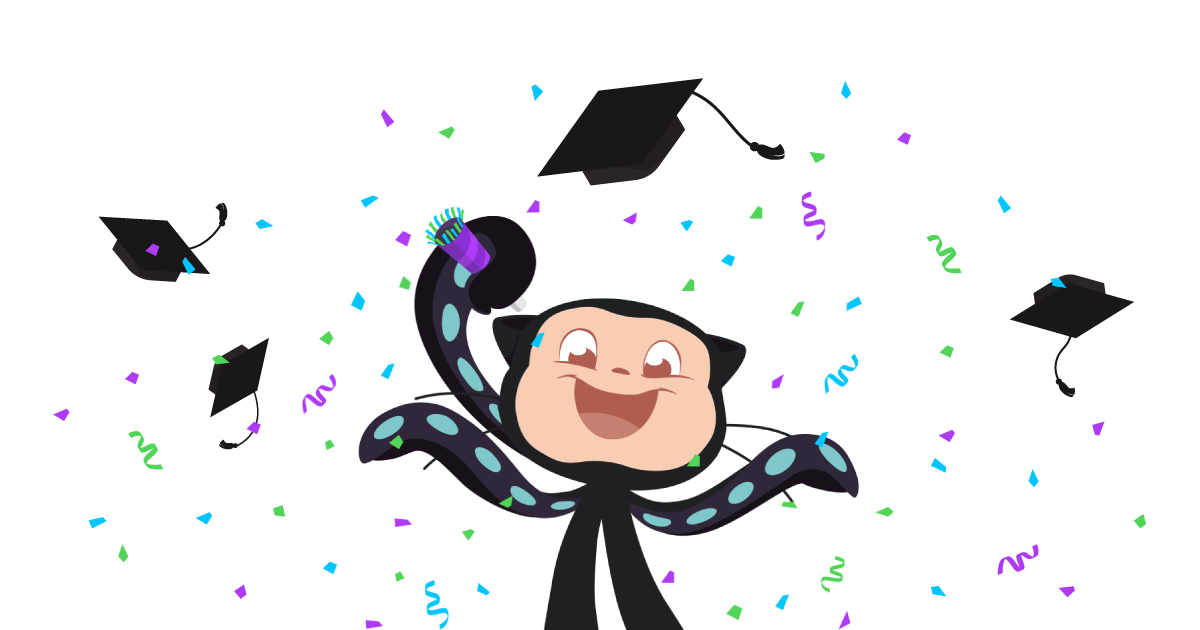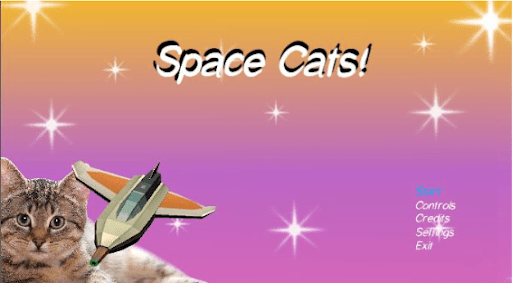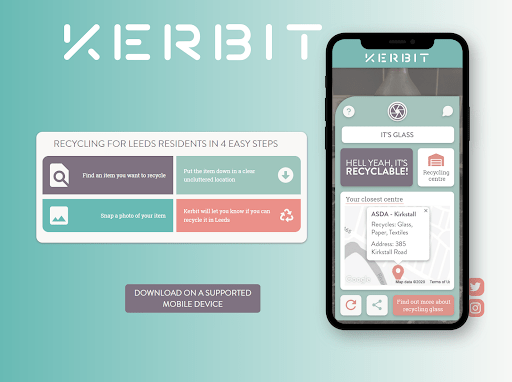Welcoming the Octograds of 2020
Class of 2020, you did it! With schools turning to drive through diploma stops and recreating their campus in Minecraft, GitHub Education decided that celebrating this milestone for the next…

Class of 2020, you did it! With schools turning to drive through diploma stops and recreating their campus in Minecraft, GitHub Education decided that celebrating this milestone for the next generation of developers would be on us this year. A community celebration to welcome the Class of 2020. Through copper cables, mechanical keyboards, and computers, the graduates and community showed up in an incredible way. We’re honored to have been a part of the experience.
- 2,600+ students from more than 80 countries walked the stage
- 750 senior projects posted to DEV
- 4,000+ pull requests created on the graduation repository
A message to the Class of 2020 from leaders at DEV, FreeCodeCamp, Khan Academy, Code.org, and so many more:
Vanessa Gennerelli, Director of Education at GitHub, delivered a commencement speech on her Operating System (OS) for life and welcomed the graduates into our community and our “common area in the cloud”.
“I love this notion of home having a common area, right, or home being a common area. It’s an area that unites your lives in some way. And we often say that GitHub is the home for all developers. And that is, that is what we mean. You get to decide, you know, the drapes and the carpet and the furniture and the language and the license. And with that, Class of 2020, I want to tell you that you will always have a home here in this common area in the cloud.”
So go forth, build, create, and make some magic. We can’t wait to see the positive change you bring to the world and our community.
The speeches and graduates walking the stage can be found on GitHub Education’s Twitch Channel. If you’re looking to capture your favorite person’s moment on stage, graduates walk alphabetically by GitHub username.
For more from the graduates and some dev humor, check out the Yearbook featuring over two thousand students from all around the world. My favorite senior quote:
“And so the adventure begins!!“ — @kirants2712
Building the yearbook
In mid-May, we opened applications to the Class of 2020 Yearbook. Students graduating this year could add themselves by submitting a pull request to the graduation repository with a markdown file containing information like their name or alias, a senior quote, and a profile picture or a myOctocat creation. Students then shared a project they were proud of, such as from their senior year or a hackathon project, by writing a post on DEV with the “octograd2020” tag.
Students from over 80 countries and regions submitted their pull requests to join the yearbook in just a few hours. Hundreds wrote posts with astounding projects that ranged from learning to code in a specific framework or platform to stories about creating startups and products.
Staff-picked projects from DEV
Here are three of the incredible student projects submitted on DEV.
Space Cats!
Space Cats! is a 3D action game built by Michael O’Connell (@NotoriousENG), a student from the University of Florida, and his friend Wilson. In this videogame, you save planet Sparkles from the evil forces of Emperor Lovebug by driving your spaceship through different missions and shooting the enemy forces. Not that we’re biased towards cat games, but this game has a hilarious storyline and great background music.
Get on your spaceship and defend the Catlaxy!

Kerbit
Knowing which items can be recycled and where to take them can be a challenge, especially if you’re new to recycling. Sam Roebuck (@SamiiRoebuck), a digital media student from the University of Leeds, saw this problem too and decided to code Kerbit.
Kerbit is a Progressive Web App that uses a custom image classification model to recognize an item and tell the user if it can be recycled and where to take it. It identifies all kinds of household items and what they’re made of, so you know exactly how and where to recycle the goods.

Blind Sailing
Blind sailing is a sport where visually-impaired sailors, aided by a combination of different tools and technologies, race towards the finish line on keelboats in teams of up to four people. Anish (@asinghani), a student from Carnegie Mellon University, dedicated his summer to code a project that helps these sailors navigate through the race by giving them a head-mounted FPGA with multiple audio signals so they can locate themselves in space.
By the end of the summer, the project had shown better results than similar solutions mounted on GPUs and CPUs while maintaining low latency and power consumption. This project considerably improved the performance and accuracy sailors experienced at these competitions.
After completing his project, Anish submitted a research paper for FPGA 2020, got accepted, and presented at the conference! You can read the research paper on the ACM Virtual Library.

These are just a few picks from the hundreds of other great posts submitted by students. Head on over DEV to see what else the next generation of developers is creating.
Written by
Related posts

The future of AI-powered software optimization (and how it can help your team)
We envision the future of AI-enabled tooling to look like near-effortless engineering for sustainability. We call it Continuous Efficiency.

Let’s talk about GitHub Actions
A look at how we rebuilt GitHub Actions’ core architecture and shipped long-requested upgrades to improve performance, workflow flexibility, reliability, and everyday developer experience.

GitHub Availability Report: November 2025
In November, we experienced three incidents that resulted in degraded performance across GitHub services.